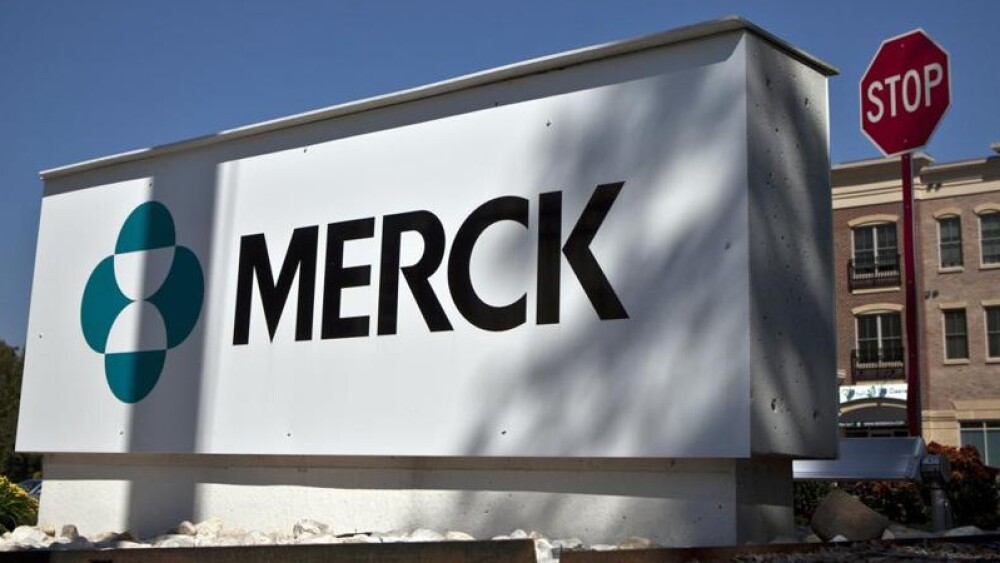September 6, 2017
By Alex Keown, BioSpace.com Breaking News Staff
KENILWORTH, N.J.—Merck is complementing its immuno-oncology platform and lead PD-1 inhibitor Keytruda with the newly acquired pipeline of a three-year-old German startup.
This morning, Merck announced it was acquiring Munich-based Rigontec, a company focused on pioneering therapeutic access to the retinoic acid-inducible gene I (RIG-I) pathway, which part of the innate immune system. It’s not a giant acquisition, but it’s certainly one that Merck believes will be promising. Merck plunked down $150 million upfront and will provide Rigontec another $453 million in milestone payments. In exchange, Merck’s R&D team gets its hands on Rigontec’s lead candidate, RGT100, which is being developed for the treatment of solid tumors and lymphoma.
Calling Merck a pioneer in the immuno-oncology space, Christian Schetter, chief executive officer of Rigontec, touted the deal and said that Rigontec’s technology and approach to immunotherapy will benefit from the “experience and leadership position” of Merck.
“We are confident that our programs will be in the best hands and that the team at Merck will continue the work we established with our scientific founders and brought into the clinic within three years since our foundation as a company,” Schetter said in a statement.
In May, Rigontec began a Phase I trial for RGT100, which is designed to assess safety, tolerability and pharmacokinetics of RGT100 in patients with injectable solid tumor lesions. By targeting the retinoic acid-inducible gene I pathway, Rigontec researchers believe their approach will induce both immediate and long-term anti-tumor immunity. When RGT100 went into the clinic earlier this year, the company said in vivo models have shown the approach has “demonstrated substantial local and systemic tumor regression.”
Those early models are promising enough for Merck to take the risk on the young company. Eric Rubin, vice president of early-stage development and clinical oncology at Merck Research Laboratories , said Rigontec’s approach is a complement to Merck’s pipeline and company strategy.
“We are eager to build upon Rigontec’s science as we continue our efforts in bringing forward meaningful advances for patients with cancer,” Rubin said in a statement.
Rigontec is a 2014 spinout of the University of Bonn.
During its first three years, Rigontec has raised a little more than $30 million to support its research. The company has been backed by a number of investors, including Boehringer Ingelheim Venture Fund, Forbion Capital Partners, High-Tech Gründerfonds (HTGF), NRW.BANK, MP Healthcare Venture Management, Sunstone Capital and Wellington Partners Life Sciences. In addition to malignant diseases, Rigontec’s proprietary RNA molecules can be developed for the treatment of infectious and inflammatory diseases.
Last month, Merck and AstraZeneca struck a multi-billion research and development agreement to pair Keytruda with AstraZeneca’s PARP inhibitor Lynparza.





